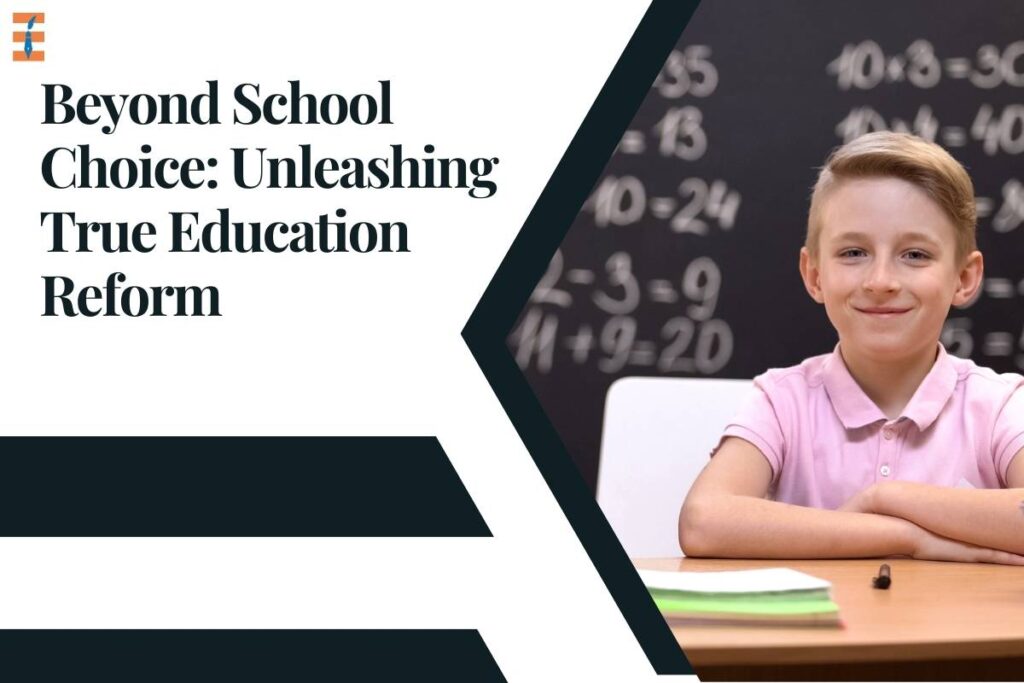In the ongoing discourse surrounding education reform, the focus on school choice has taken center stage, but a recent report from the Fordham Institute suggests that conservatives should look beyond mere choices and delve into the intricate facets of education. While headlines celebrate increases in charter school enrollment and homeschooling rates, the report reveals a more nuanced reality. The nation’s 125 largest districts were examined, comparing enrollment in traditional public schools to that in nearby charter, private, and homeschool. The report concludes that while there has been a 3 percent increase in non-district school enrollment between 2010 and 2020, the scale and pace of this shift are not revolutionary.
The Report Challenges Prevailing Narratives about the Decline of Public Education
Despite a notable 300,000 student rise in charter-school enrollment since 2019, this remains a small fraction compared to the 55 million school-aged children in America. Similarly, impressive gains in homeschooling rates are overshadowed by the fact that 80 percent of students in the median large district still attend traditional public schools. The report challenges prevailing narratives about the decline of public education, emphasizing that the majority of students continue to choose traditional public schools, and conservatives must not disregard this reality.
While advocating for school choice is crucial, the report underscores that passing pro–school-choice legislation alone is insufficient. The supply side of schooling must be strengthened, as choice is meaningful only when quality options are available. The study reveals that districts with the least competition often exist in states with excellent charter-school laws, emphasizing the need for quality legislation to translate into quality educational options.
To truly enhance the supply of quality choices, efforts should extend beyond the establishment of individual schools. Building a robust education sector necessitates the development of mediating institutions, such as teacher preparation pipelines and curriculum companies. The report suggests that even bureaucratic structures, while often criticized for hindering innovation, play a role in handling administrative burdens, allowing teachers to focus on educating rather than navigating regulatory hoops.
The Report also highlights the Importance of Deregulatory Measures
The report also highlights the importance of deregulatory measures accompanying choice-enabling legislation. Credentialing processes and accreditation standards must be revisited to ensure that schools are not pressured toward a politicized education. Barriers such as caps on charter schools or restrictions on co-location hinder expansion efforts and must be reconsidered in the pursuit of genuine education reform.
The report offers a cautiously optimistic view of education reform. While competition is growing as more states create favorable legislative environments for private, charter, and homeschools, the expansion of school choice is just the beginning. The real work lies in building institutions that can provide children with quality education, transcending the rhetoric of choice to address the broader landscape of educational reform.










